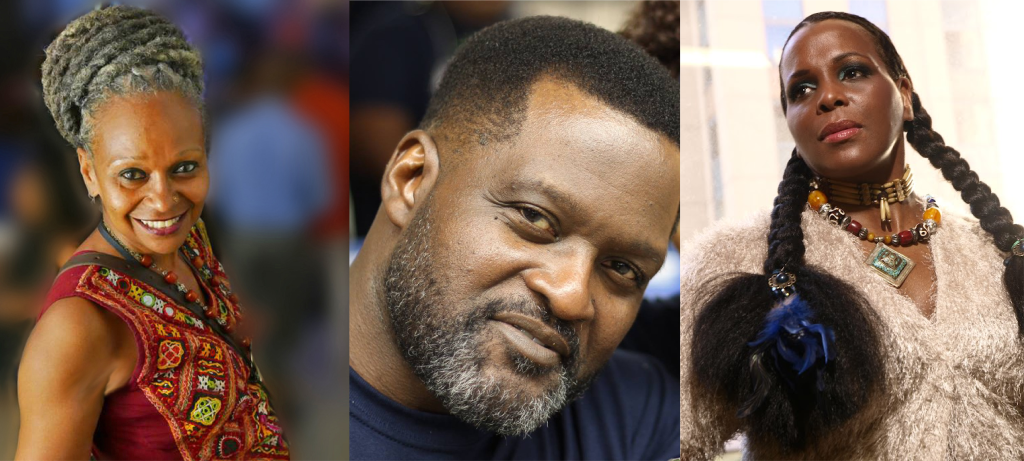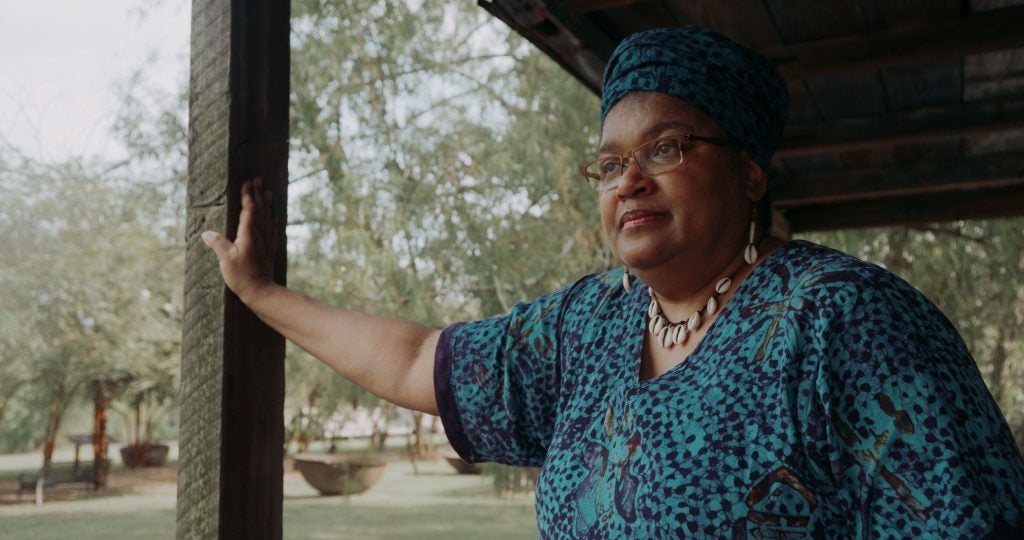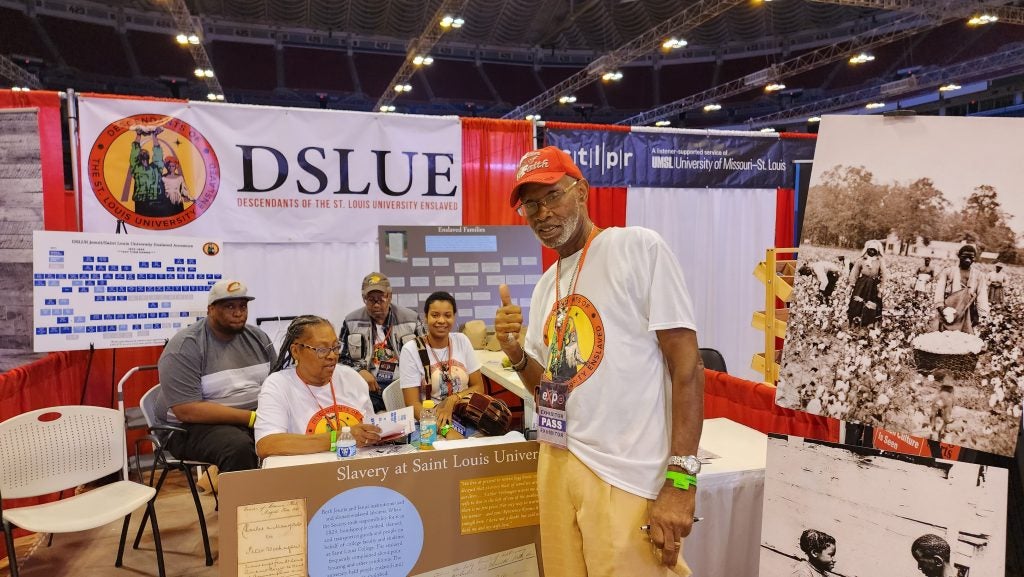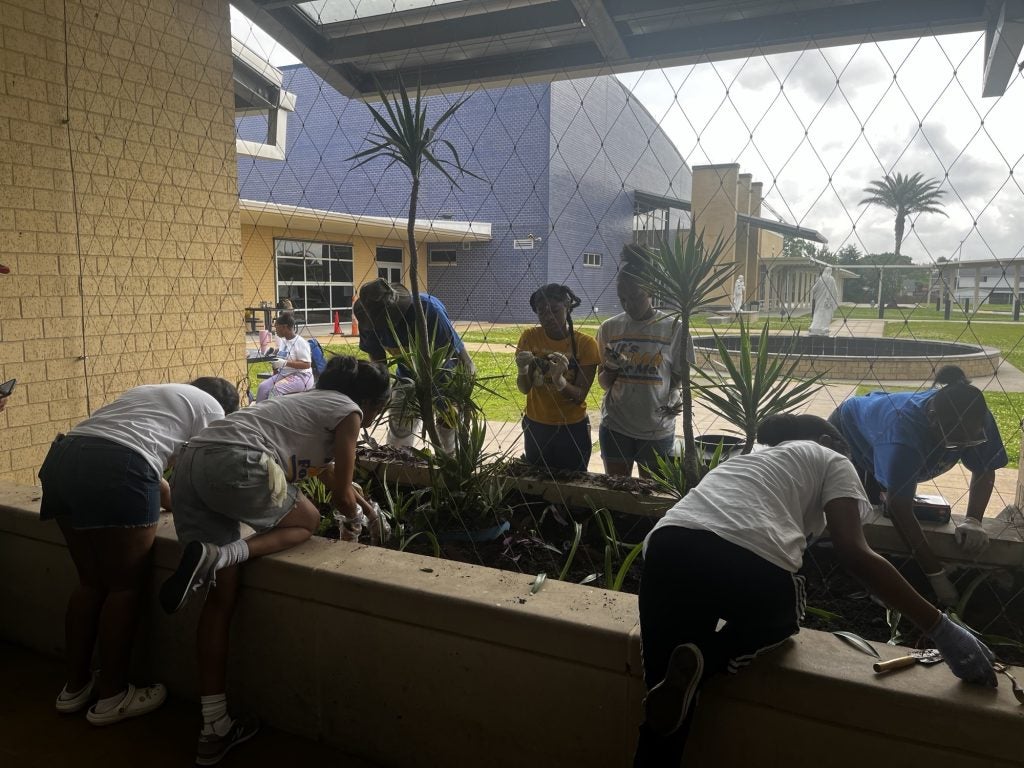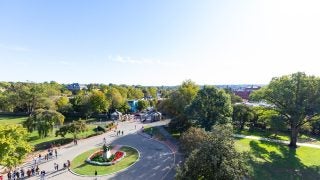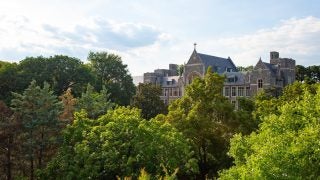Georgetown has awarded $200,000 to seven community-based projects across the U.S. that aim to impact the Descendants of enslaved men, women and children with ties to Jesuit plantations.
The grants are part of the university’s Reconciliation Fund. Launched in 2022, the Reconciliation Fund sets aside $400,000 per year to projects that engage communities of Descendants whose ancestors were enslaved on Jesuit plantations. This second round of grants follows the first round of grants announced last April.
These seven projects have a variety of goals and communities they’ll reach, which include seeking to preserve and honor the history of enslaved ancestors on Jesuit plantations, reconnecting families torn apart by slavery, and inspiring, informing and supporting future generations.
Robin Proudie, a Reconciliation Fund grant recipient whose project honors the lives and legacies of her ancestors who were enslaved in Missouri, said the grant represents “a step towards reconciliation and healing.”
“For the communities we serve, it means greater recognition of their history and contributions, tangible support for the younger generation, and the ability to honor and preserve the legacy of our ancestors,” she said.
Several of the projects use the arts and education as a way to connect history and the present, including a documentary about one of the earliest African American families in Maryland and their quest to petition the courts for freedom from enslavement; a new curriculum that invites students to explore their personal stories through the arts; and a school leadership institute that trains and equips the next generation of female leaders.
For Malachi Robinson, who led a documentary project, the grant is deeply personal.
“This grant means the opportunity to shed light on the story of my seventh great-grandmother, Mary Queen, and her descendants, fostering a deeper understanding of their legacy and struggles,” he said.
Other projects emphasize genealogy and family reunification through events, oral histories, online genealogy tools, film screenings and the preservation of gravestones.
“We are honored to recognize these recipients. These projects represent a range of creative and impactful responses to questions of remembrance and reconciliation,” said Joseph Ferrara, vice president and chief of staff at Georgetown. “We can express our commitment to reconciliation and healing through ongoing engagement with the Descendant community and in supporting efforts that promote healing, memory and a brighter future.”
This year’s recipients of the Reconciliation Fund were selected based on recommendations by the Fund’s Student Awards Committee, with input from members of the Descendant Advisory Committee. The application for the next grant cycle will launch this fall.
Learn more about each of the recipients of the Reconciliation Fund and how they are making a difference in the communities they serve, from the arts and genealogical research to empowering and supporting the next generation.

